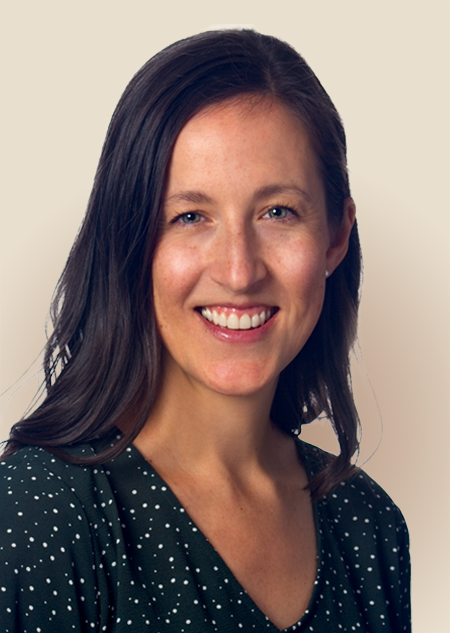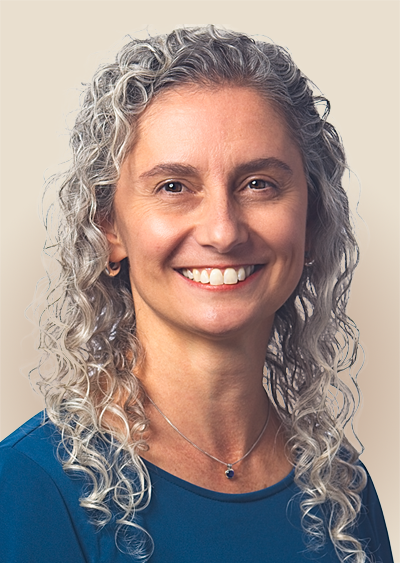Economic Security
We partner with government agencies, workforce systems, and community-based organizations to strengthen pathways to economic opportunity. From research to evaluation, we help clients build evidence, improve services, and advance equitable, data-informed solutions that support economic mobility and financial stability.

Transforming Systems with Ground-Level Insight
Our Economic Security team combines real-world experience in workforce development, housing, and public benefit systems with rigorous, cross-disciplinary expertise. This blend allows us to translate community needs into data-driven strategies that remove barriers, improve services, and promote economic mobility.
Our team leverages their deep expertise in research, systems change, and implementation science to design solutions that are grounded, practical, and equity-driven.
Our advanced expertise
Workforce Development & Employment Systems
Housing Stability & Homelessness Prevention
Public Benefits Access & Navigation
Financial Well-Being & Asset-Building
Implementation Science & Systems Evaluation

Our Economic Security Services
Economic Mobility
Advance policies and programs that remove systemic barriers and create equitable pathways to financial stability and opportunity.
Homelessness
Design, evaluate, and improve housing strategies that prioritize prevention, long-term stability, and wraparound support.
Food Security
Strengthen efforts to expand equitable access to nutritious food through research, systems analysis, and cross-sector collaboration.
Workforce Development
Enhance workforce systems through evidence-based strategies that align training, employment, and support services for lasting impact.
Mission-Driven Experts
Our Economic Security experts are motivated by a shared passion for turning their expertise into real-world impact.
Explore Our Related Services & Resources
Partnering with policymakers and practitioners nationwide to prevent substance use, expand treatment, and support long-term recovery.
Partnering with policymakers and practitioners nationwide to prevent substance use, expand treatment, and support long-term recovery.
Partnering with policymakers and practitioners nationwide to prevent substance use, expand treatment, and support long-term recovery.
Advancing equitable justice reform by partnering with agencies and communities to reduce system involvement, eliminate disparities, and promote alternatives grounded in public health and prevention.
Ready to get started?
Schedule a discovery session with a member of our Economic Security team today.





